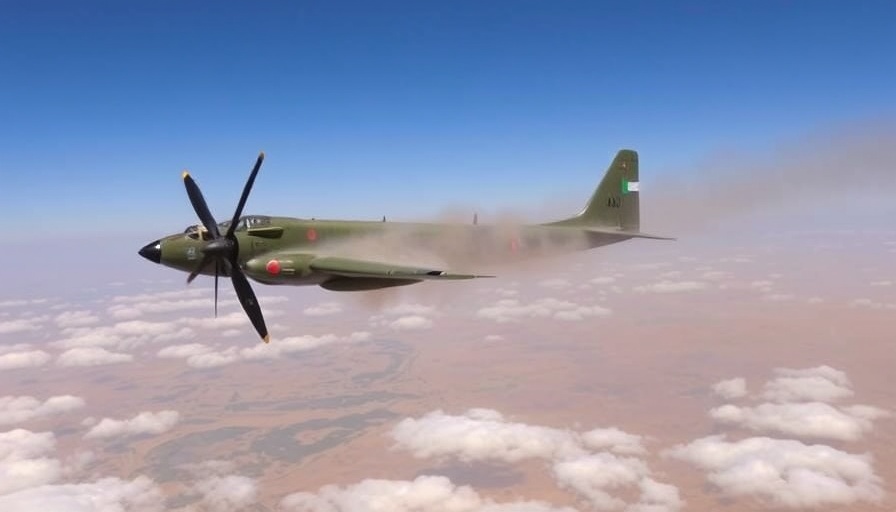
Tragic Airstrike in South Sudan: A Humanitarian Crisis Unfolding
In a harrowing display of ongoing conflict, at least 21 lives were lost during a midnight airstrike on a village in Nasir County, Upper Nile State, South Sudan. This attack on March 17 marks another dark chapter in a country already fraught with violence and instability. Nasir County Commissioner Gatluak Lew reported that the airstrike not only took the lives of ordinary civilians but also claimed the local paramount chief, Paul Bol. Initially, 17 individuals died on the spot, with the death toll climbing as more succumbed to their injuries at a local healthcare facility.
Contextualizing the Violence: Patterns of Unrest
This airstrike occurs less than two weeks following the withdrawal of government forces from the region amidst fierce clashes with the White Army, an ethnic militia comprising mainly armed youths of the Nuer community. Such tensions are not new; they highlight the pressing theme of ethnic strife that has characterized South Sudan since its independence. The ongoing conflict threatens to revive the wounds of the 2013-2018 civil war that resulted in hundreds of thousands of deaths.
International Implications and Regional Dynamics
The recent developments also have significant implications for regional politics, particularly as Ugandan troops have been reported to bolster South Sudan's military in supposed cooperation against local militias. This intervention underscores the growing interconnectedness of regional security in East Africa and raises questions about Uganda's increased military involvement in South Sudan's internal issues.
Understanding the Broader Impact on African Governance
The events in Nasir are a stark reminder of the fragile state of governance in South Sudan. The government's justification for the air bombardment points to a revenge motive following military assaults on South Sudanese forces; it raises critical questions about accountability, human rights, and the role of the international community in conflict resolution. Analysts warn that such indiscriminate violence could further destabilize the region, leading to another surge in refugee flows and humanitarian crises that strain neighboring countries.
What's Next? Futures Weighing on Peace Efforts
The airstrike’s aftermath will be crucial in determining the next steps for both governmental forces and international actors involved in peacekeeping efforts. Will the international community respond with sanctions, as in previous conflicts, or will diplomatic channels be prioritized to address the grievances of the Nuer population and the broader aspirations for peace? As the region watches closely, the legitimacy of the South Sudanese government may be on the line. Investors, policymakers, and humanitarian organizations must take heed of these ongoing developments as they shape strategies moving forward.
 Add Row
Add Row  Add
Add 


 Add Row
Add Row  Add
Add 

Write A Comment